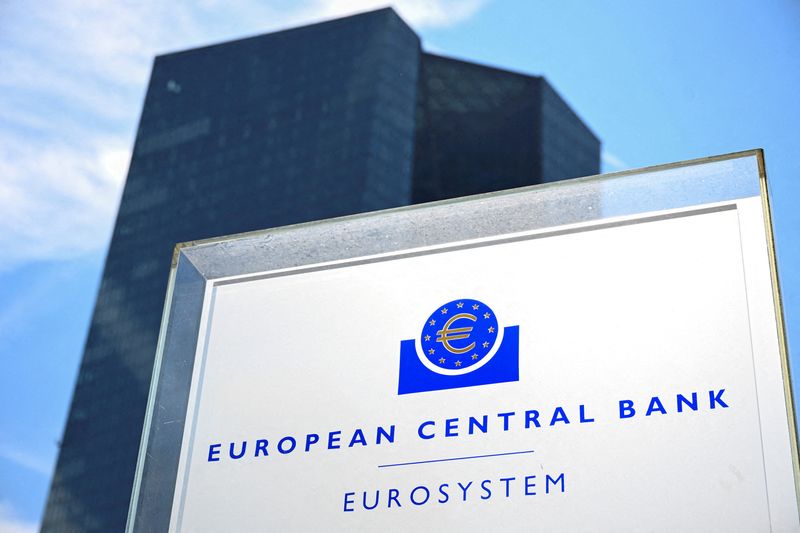FRANKFURT (Reuters) -The European Central Financial institution can proceed to chop rates of interest given the slowdown in inflation, and there’s a threat the financial institution may hold coverage too tight, ECB board member Piero Cipollone instructed a French newspaper.
The ECB lower charges in June from a document excessive and it’s all however sure to ease once more on Sept. 12, however the progress outlook has been deteriorating over the summer season and policymakers at the moment are debating whether or not it could have fallen behind the curve.
Whereas Cipollone didn’t instantly name for a September price lower like lots of his colleagues, he argued that inflation remained on the trail outlined three months in the past, which already assumed coverage easing in each September and December.
“The data so far confirms our direction of travel and I hope that they will allow us to continue to be less restrictive,” Cipollone instructed Le Monde in an interview.
“There is a real risk that our stance could become too restrictive,” Le Monde quoted Cipollone as saying on Wednesday. “We must ensure that inflation converges to our target without holding back the economy unnecessarily.”
Markets have totally priced in at the very least two extra price cuts this yr in September and December, and in addition see a good likelihood for an extra transfer in October, partly on the weak progress outlook and partly on expectations the U.S. Federal Reserve will ease coverage shortly, forcing the ECB to comply with alongside.
Cipollone additionally warned about weak progress, dragged down by anaemic enchancment in competitiveness.

“Most recent data – such as consumer confidence and activity indicators, particularly for the manufacturing sector – have not been so encouraging,” he mentioned. “This poses a risk to the euro area growth outlook.”
He argued that funding stays weak, which signifies that corporations don’t consider in a powerful restoration. This may then harm the bloc’s future progress potential by lowering its capability to develop and undertake new applied sciences.




